Top 5 Stories Worth Reading — August 2024
Aug 29, 2024
Protect the Right to Vote: Be a Poll Worker on Election Day Sign Up Today
 Credit: Evan Strock
Credit: Evan Strock
Every Monday, we round up five of the best good climate news stories we’re celebrating. This week we cover new jobs from President Biden’s affordable clean energy plan, Tribal electrification, Clean Energy Tax Credits, Virginia’s new green bank, and a pollution-monitoring satellite holding Big Oil accountable for their emissions.
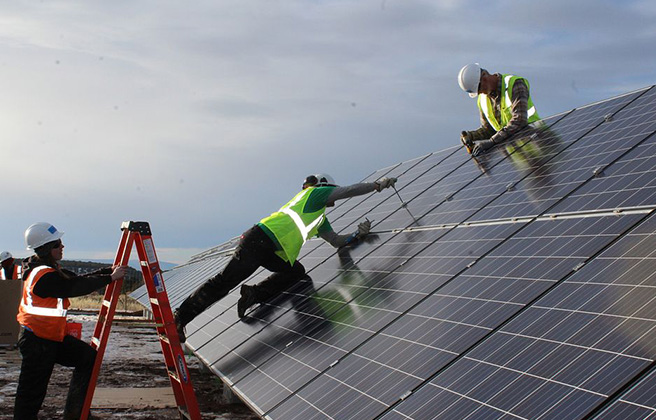
A new report from Climate Power found that since August 2022, President Biden’s affordable clean energy plan has spurred $352 billion in clean energy investments, creating more than 271,713 clean energy jobs across the country.
New projects in wind and solar energy, batteries, electric vehicles and more are creating positions for electricians, mechanics, construction workers, technicians, and support staff, among others. Around 75% of the new positions don’t require a four-year degree, making these good-paying jobs more accessible. More than 54% of these new jobs are based in rural and low-income communities.
As these numbers show, addressing the climate crisis and bolstering the economy are not opposing goals. By working toward a healthier planet, we can create a healthier economy.
Source: Climate Power
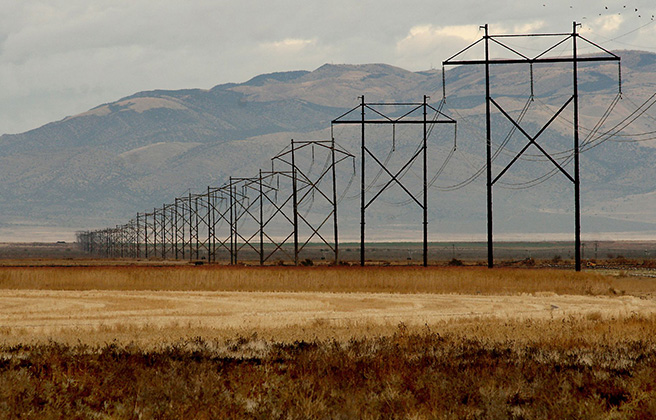
The Department of the Interior has announced it will receive $72 million from President Biden’s Investing in America Agenda for the Office of Indian Affairs’ Tribal Electrification Program.
This is the first round of funding for the program, and will help provide zero-emissions energy to unelectrified Tribal homes, transition Tribal homes with electricity to zero-emissions systems, and support necessary home improvements to accommodate these systems in 21 Tribal communities. The program will also help bring clean energy workforce development opportunities to these communities.
The Tribal Electrification Program will advance President Biden’s Justice40 goals of ensuring 40% of funds from certain federal programs go to frontline communities that experience disproportionate levels of pollution.
Source: Department of the Interior
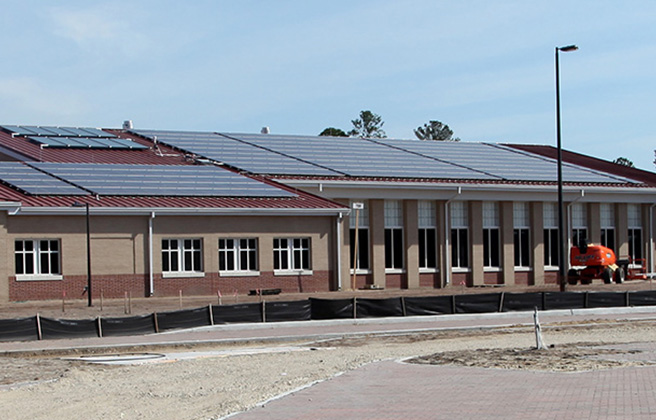
The Department of the Treasury and the Internal Revenue Service (IRS) have finalized new rules that will help more tax-exempt entities, such as non-profits, schools, and local governments, to access clean energy tax credits available through President Biden’s affordable clean energy plan.
New direct (also called elective) pay options introduced by these rules will allow more of these entities to take full advantage of clean energy tax incentives.
The new rules will help the administration expand the reach of these benefits and will serve to expedite the transition to clean energy across the country.
Source: U.S. Department of the Treasury
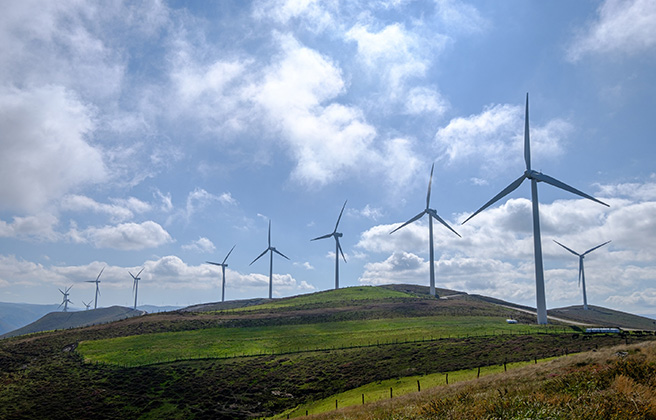
Virginia’s legislature has passed a bill to establish the Virginia Clean Energy Innovation Bank to finance clean energy and greenhouse gas emissions reduction projects in the state.
Green banks can help state and local organizations access federal funds, such as those available through President Biden’s affordable clean energy plan, to drive investment in clean energy and reduce emissions across the country.
The Virginia League of Conservation Voters (VLCV) advocated for the legislation and is urging Governor Youngkin to sign it. VLCV Executive Director Michael Town said in a statement, “This legislation is a huge win for clean energy in Virginia. By putting federal dollars to work here in the Commonwealth, we can take advantage of the Inflation Reduction Act’s historic investments in clean energy, further growing our clean energy economy, cutting pollution, and creating good-paying jobs as we work toward achieving our clean energy future.”
Source: Virginia’s Legislative Information System, EPA, VLCV
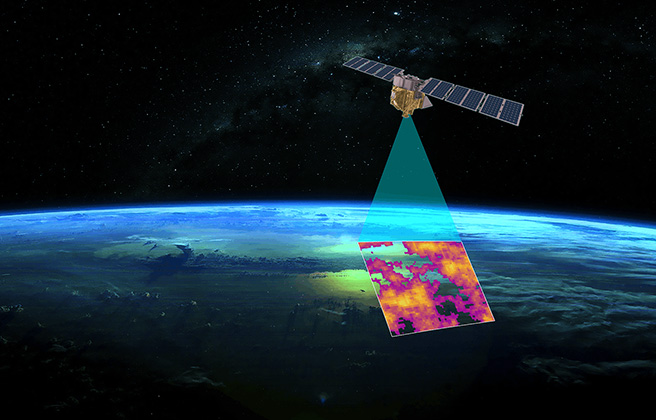
An independent methane detection satellite led by the Environmental Defense Fund successfully launched on Monday. The satellite will allow researchers to spot and monitor methane pollution from global oil and gas operations, and provide data regulators can use to hold the industry accountable for their emissions.
Methane is a super-polluter and has a larger planet-warming impact in the short-term than carbon dioxide. Once fully operational, the data collected from the satellite will be public and will paint a clearer picture of where emissions occur.
Source: NPR
Check out the Power Source Blog and follow us on Instagram or Twitter for more Good Climate News every Monday.